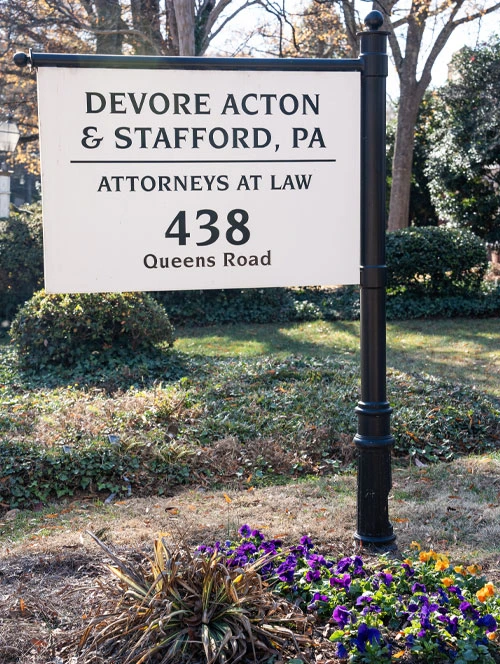What is insurance bad faith?

When you signed on the dotted line for your insurance policy, you expected it to protect you. However, when insurance companies do not do their duty to policyholders, these bad faith actions can leave you without the protection you need in a difficult situation. What is insurance bad faith?
When are insurance companies acting in good faith?
When you make a claim against your policy, your insurance company must investigate your claim within a reasonable amount of time and offer you compensation as if the claim is within your policy coverage. They must also be honest with you about what your insurance policy covers. As long as your insurance company fulfills their duty to you as a policyholder, the law considers them to be acting “in good faith.”
When are insurance companies acting in bad faith?
Put simply, if an insurance company does not act in good faith toward a policyholder, they act in bad faith. This simple definition can include a wide variety of different bad faith actions, including:
- Misrepresenting the coverage that policyholders will receive
- Not investigating a claim or unreasonably delaying that investigation
- Refusing to pay a claim or offering significantly less than the policyholder should receive
- Demanding additional documentation, paperwork or other information that the policy does not explicitly require
- Failure to explain why a claim was denied
- Unreasonably delaying payment after a claim was approved
If your insurance company deliberately failed to do their duty to you as a policyholder, you can take legal action against them to receive the compensation you were due in your claim.
When bad faith occurs in insurance cases in North Carolina, you may have the right to additional legal remedies that you should discuss with an attorney,

request your consultation
"*" indicates required fields



